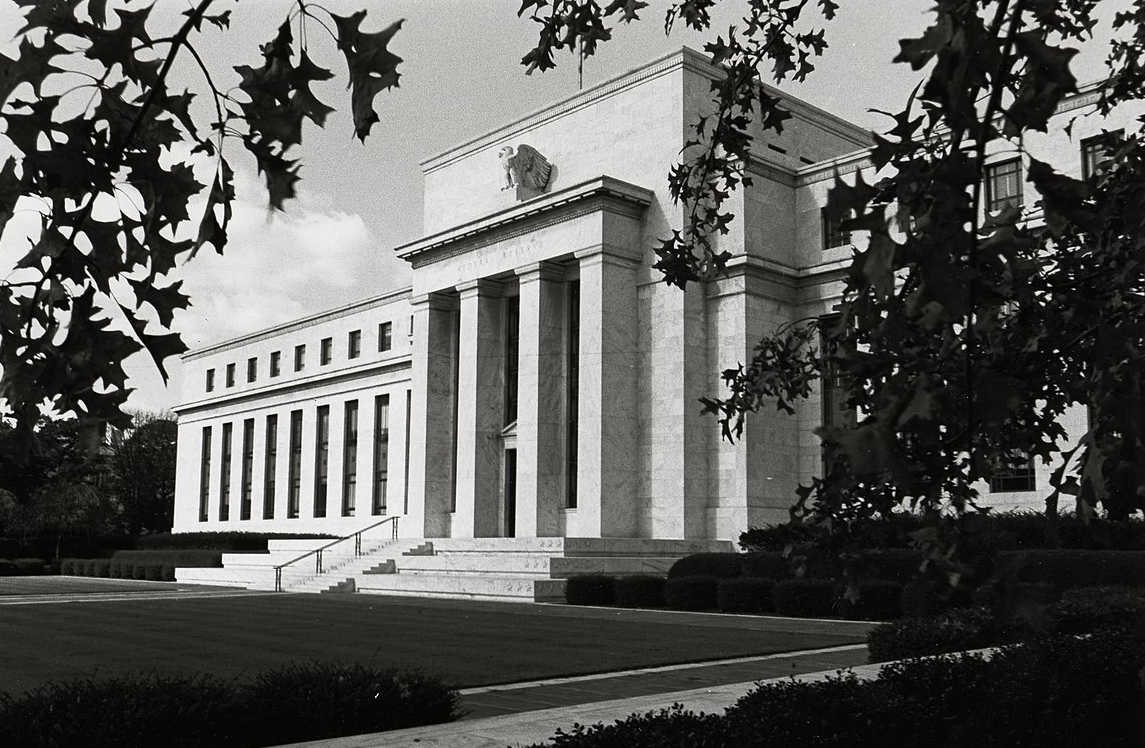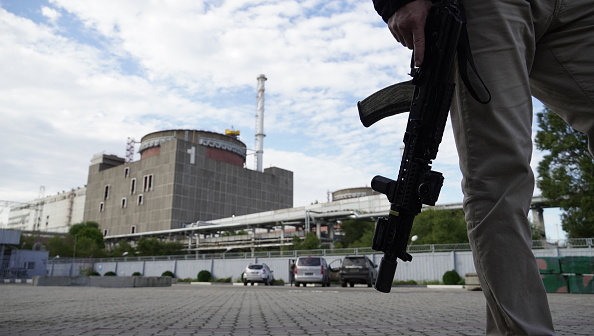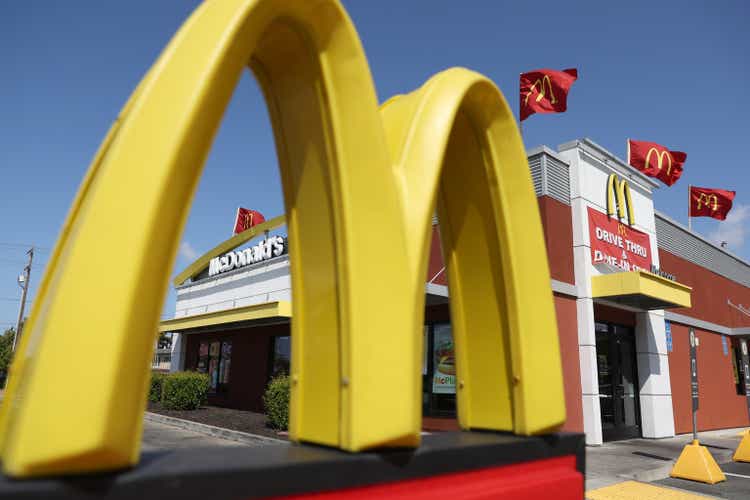Turkey’s finance minister has defended Ankara’s economic ties with Russia as “good neighbourly relations” even as western governments raise concerns that the country is serving as a backdoor for Moscow to evade sanctions.
Nureddin Nebati said “opposition elements” inside and outside Turkey were “deliberately raising question marks” about the country’s financial links with Russia, while conceding there had been a rush of cash into its financial system.
While US and EU officials fret that Turkey, a Nato member that shares a Black Sea border with Russia and Ukraine, is relieving financial pressures on Moscow by not participating in western sanctions, Nebati insisted that economic ties between the two countries were “legal”.
“Turkey is a country that acts very carefully within the international financial system. It’s not a country that behaves in ways that will cause breaches of the international financial system. We’re very clear on this,” Nebati said in a rare interview. “Everything is coming to us through legal routes,” he added.
Turkey’s economy, which relies on inflows of foreign capital, is under heavy strain from high commodity prices, a soaring US dollar and unorthodox monetary and fiscal policies that have sent traditional investors fleeing one of the world’s biggest emerging markets.
Nebati, who was appointed in December, also shed light on the mystery funds that have played a key role in financing a large current account deficit — caused by an import bill that exceeds the value of the country’s exports.
Net inflows categorised by the Turkish central bank as “net errors and omissions” — money whose origin is unclear — reached a record $28bn in the first eight months of 2022. Those inflows have financed about 70 per cent of the $40bn current account deficit during the same period and have vexed economists and western governments.
Nebati said he believed that unaccounted-for tourism revenues were a key component. Some came from Russians, many of whom used cash because they were unable to use the financial system owing to western sanctions on Moscow, he said. Russians were Turkey’s second-largest group of foreign visitors this year.
The finance minister cited the fact that Turkey was “surrounded by war” in Russia, Ukraine, Syria and Iraq as another source of inflows. He added that Turkish companies and individuals had repatriated money that was kept offshore back to the country — a phenomenon he said was also sometimes cash-based.
All the money was legitimate, despite concerns in western capitals that using cash makes it impossible to track the true origins of funds, he said.
Nebati predicted that the streak of inflows would continue and voiced confidence that Turkey would “very comfortably” avoid a balance of payments crisis over the next year despite the $100bn energy import bill it is facing.

The finance minister said Turkey was pushing hard for a discount on the vast quantity of gas it buys from Russia — which would ease the pressure on the Turkish lira and bolster President Recep Tayyip Erdoğan ahead of critical elections scheduled for next summer. Turkey is also asking Russia’s Gazprom for an option to delay payment. Nebati said he expected “good news” on both fronts.
The minister also confirmed that money had been transferred by Russia’s state nuclear agency to Turkey for the building of an atomic power plant on the country’s south coast — a move that analysts say has boosted the Turkish central bank’s foreign currency reserves by an estimated $5bn to $10bn. He declined to provide the amount.
Nebati, who is Turkey’s third finance minister in three years, launched a robust defence of Erdoğan’s unorthodox economic policy, insisting that the country was going through a “transformation”.
Erdoğan, who rejects the established economic principle that raising interest rates curbs inflation, has presided over a succession of currency crises and bouts of ultra-high inflation as he has insisted on reducing borrowing costs to promote growth.
The central bank last week cut rates for the third month running even as inflation exceeded 83 per cent in September.
The Turkish president argues that he is pursuing a new economic model that will capitalise on the weak lira — which has lost about half of its value against the US dollar in 12 months — to boost domestic production, create jobs and boost exports.
But the turbulence has caused a sharp fall in prosperity, with gross domestic product per capita falling from a peak of about $12,500 in 2013 to roughly $9,500 last year.

Nebati said the apparent affluence of a decade ago was a “virtual wealth” because the country had an overly-strong lira, high foreign debt, large amounts of imports, low domestic production and “wealth was being transferred out of the country”.
He admitted, however, that many Turks were going through a “painful period” — and that he himself had been forced to limit his purchases when travelling abroad. But he added that the government was seeking to limit the pain through social transfers, including two minimum wage rises this year.
















